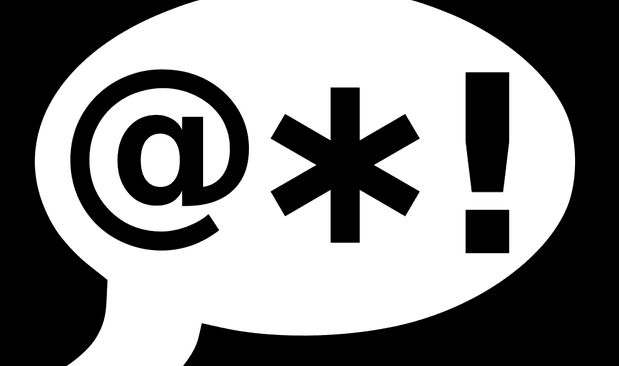Swear words shift meaning, importance over time
(Photo courtesy of the Pan European Games via Wikipedia Commons.)
Back in 1939, the Production Code Administration required that David O. Selznick defend the use of the word “damn” in his film “Gone with the Wind.”
Fast forward to present day, and basic cable programs from “Mad Men” to “Breaking Bad” and “It’s Always Sunny in Philadelphia” have no problem using much stronger language, much more frequently.
But it’s not just scripted shows that feature swearing these days.
In April, the Federal Communications Commission announced that they would let the use of a certain “F word” on live TV go without fine. That word was uttered by David Ortiz of the Boston Red Sox when referring to the Boston marathon attacks.
“All right. All right Boston,” Ortiz said in an address to fans “This jersey that we wear today, it doesn’t say Red Sox. It says Boston. We want to thank you Mayor Menino, Gov. Patrick, the whole police department for the great job they did this past week. This is our f—— city and nobody is going to dictate our freedom. Stay strong.”
The FCC supported Ortiz on Twitter.
John McWhorter, a linguistics professor at Columbia University and author of “What Language Is,” said the Ortiz incident is a sign the idea of profanity is changing — and for the better.
“We make an effort on broadcast shows and other venues to bleep those words, and I’ve noticed that those four-letter words that are either not allowed by law or are not allowed because they’re not polite are bleeped in a way that you can still hear the word, you know what the word is, one half of the syllable is bleeped and we all know exactly what that is,” McWhorter said.
The root of the public’s understanding of what’s profane has gone in cycles starting with religion, later moving to sex and excrements, McWhorter said. Today, defamation of specific groups is the primary guide of our view of what’s profane.
“There are different things that are profane to us now that weren’t profane to somebody in the 1930s,” he said. “Those words today are not profanity, those words are salty.”
Though certain words have cycled out of categorization as profane, it doesn’t mean modern people are cursing more often.
“I honestly believe that we don’t swear any more or less than we used to it’s just what we call swearing and what we call profanity,” McWhorter said.
